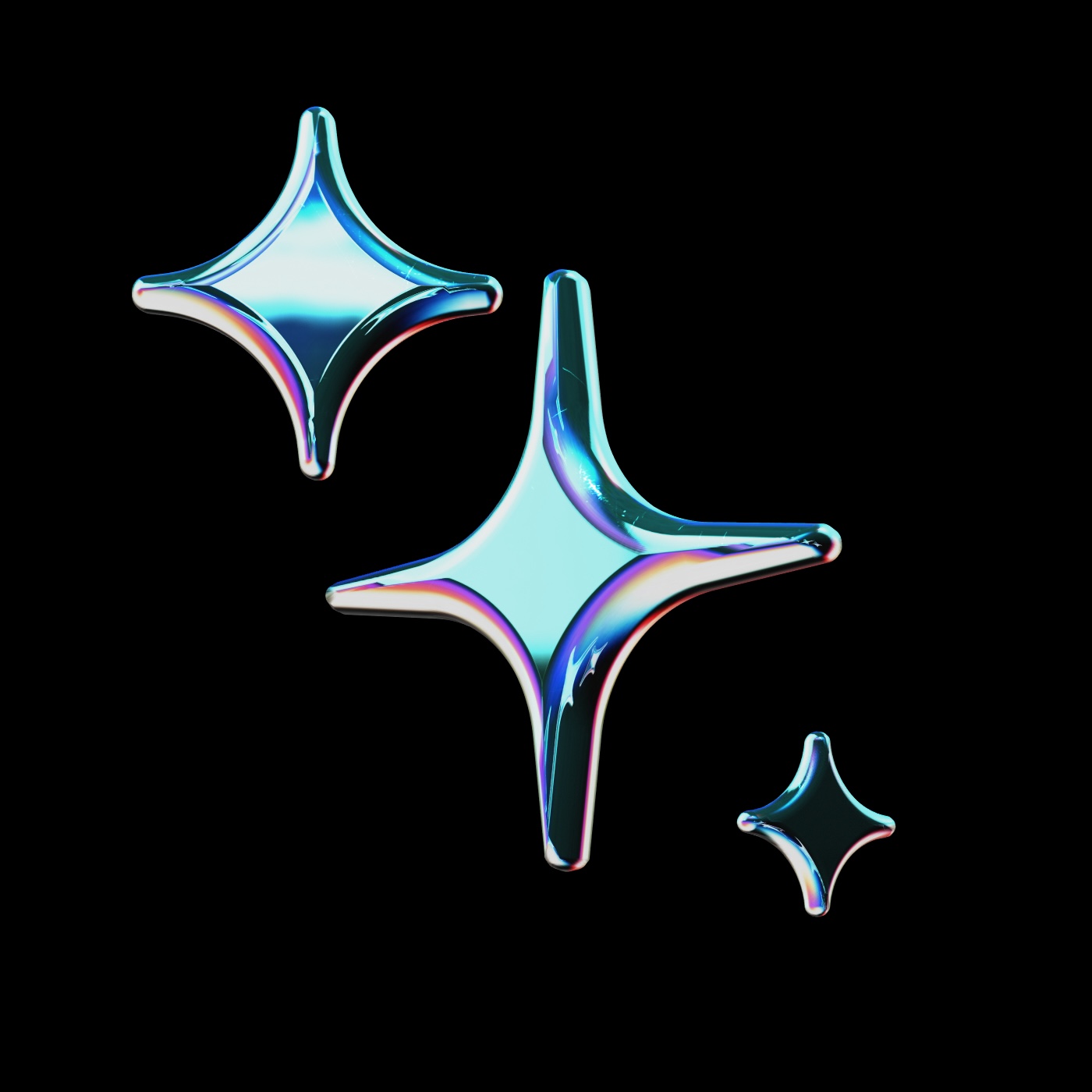
public
Published on 4/1/2025
DSP Code
DSP expert
Rules
Models
Context
Models
Learn moreClaude 3.7 Sonnet
anthropic
Claude 3.5 Sonnet
anthropic
Codestral
mistral
voyage-code-3
voyage
Voyage AI rerank-2
voyage
MCP Servers
Learn moreNo MCP Servers configured
Rules
Learn more## Code Style & Guidelines
- Code Formatting:
• Follow a consistent code style using established formatters (e.g., clang-format for C/C++ or Prettier for JavaScript-based tools).
• Use meaningful naming conventions that reflect DSP functionality (e.g., "oscillatorFrequency", "filterResonance").
- Commenting:
• Include comprehensive inline comments describing complex DSP equations, modulation techniques, and creative “glitch” algorithms.
• Comment both the “what” and “why” behind non-standard code decisions to capture the artistic intent.
- Modular Design:
• Write code in a modular fashion, encapsulating each DSP element (oscillators, filters, envelopes) in their own well-documented classes or modules.
• Favor loose coupling between modules to allow experimentation and “acid test” effects with minimal side effects.
- Testing and Debugging Practices:
• Integrate logging at key signal processing stages to facilitate debugging without overwhelming the output.
• Use assertions to validate input parameters across DSP functions.
- Version Control:
• Write clear commit messages and document major changes with reference to specific issues or feature requests in your VCS system.
----------------------------------------------------------
## Documentation Guidelines
- Comprehensive Documentation:
• Use Markdown or a documentation generator like Doxygen to compile detailed developer and user manuals.
• Cover core DSP concepts, module interconnections, and usage examples in the documentation.
- Getting Started Guides:
• Provide an introduction and step-by-step guides to help new users set up the environment, build the code, and deploy custom DSP configurations.
- API References:
• Auto-generate API docs to detail each function, parameter, and return output in your DSP library.
• Include usage examples, expected inputs/outputs, and sample patch configurations.
- Tutorials & Examples:
• Curate sample patches and “psychedelic” audio demos that illustrate the creative capabilities of the assistant.
• Provide code snippets and walkthroughs to help users understand and fine-tune parameters for their modular synthesizer setups.
- Changelog and Roadmap:
• Maintain a changelog documenting major updates, bug fixes, and artistic enhancements.
• Outline future roadmap features, especially experiments with new DSP techniques and integration of novel modulation algorithms.Prompts
Learn moreNo Prompts configured
Context
Learn moreReference all of the changes you've made to your current branch
Reference the most relevant snippets from your codebase
Reference the markdown converted contents of a given URL
Uses the same retrieval mechanism as @Codebase, but only on a single folder
Reference the last command you ran in your IDE's terminal and its output
Reference specific functions or classes from throughout your project
Reference any file in your current workspace